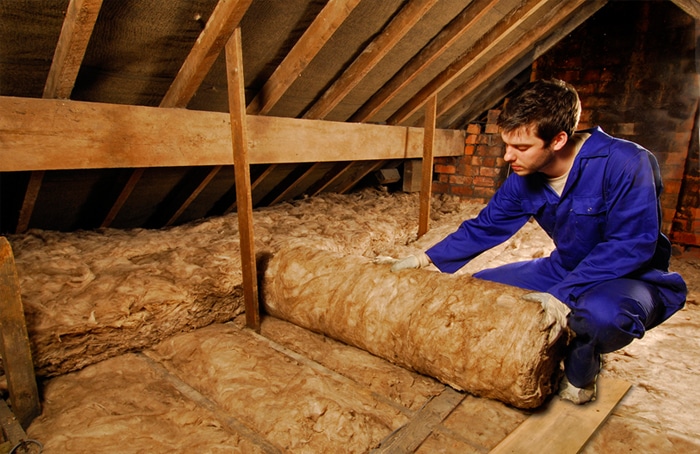 A mixed reaction has greeted the government’s release of the figures for the first quarter of its Green Deal and Energy Company Obligation (ECO) initiatives.
A mixed reaction has greeted the government’s release of the figures for the first quarter of its Green Deal and Energy Company Obligation (ECO) initiatives.
Department of Energy & Climate Change statistics show that, between January and 16 June, 38,259 Green Deal assessments were lodged. Following these assessments 245 Green Deal plans were created for individual properties; of these only four were ‘pending’, meaning they had been signed by the customer.
Provisional figures showed that 81,798 measures had been installed in homes under ECO by the end of April. The majority of these were loft insulation, cavity wall insulation and boiler upgrades. Optimism at these numbers was tempered by a Committee on Climate Change report which pointed to evidence suggesting that registrations for cavity and solid wall insulation have declined by 60 per cent compared to the same period in 2012.
Reacting to the news, chief executive of the National Insulation Association Neil Marshall said: “There are five million cavities, seven million solid walls and over seven million lofts that need insulation. Based on 2012 levels this would require some 600,000 cavities, 1.2 million lofts and over 80,000 solid walls to be insulated each year, which is achievable and would require levels of activity built up over many years to be maintained. Over the first four months ECO has delivered at a rate equivalent to just 80,000 cavity, 136,000 loft and 5,000 solid wall installations per annum – well short of the levels required.”
John Sinfield, managing director of Knauf Insulation Northern Europe, added: “It is time for the government to open its eyes. If there is to be any chance of meeting the 14 million homes by 2020 target, a tangible and compelling incentive is urgently required. While these figures show there is an appetite for energy efficiency refurbishments, they also show that the Green Deal is clearly missing the mark with consumers. If the government is to avoid throwing away this significant opportunity then it must act now to introduce real incentives.”
Vince Matthews, head of marketing at SIG Energy Management, said that there are signs of progress: “The Green Deal is still in its infancy and will undoubtedly require more time to bed in. Nevertheless, the need for a concerted effort to be made to promote the scheme more effectively to its target audiences remains. For the Green Deal, this means raising public awareness and buy-in. For ECO, it’s about making sure energy companies know exactly how to deliver measures within the cost guidelines set by government – and we’re starting to see some movement on this now.”
Thomas Heldegaard, managing director of Rockwool UK, sounded a more positive note, saying: “While there will be some disappointment that Green Deal and ECO have yet to meet the government’s ambitions, there is no doubt these schemes provide a significant framework for real, long-term, progress towards the UK meeting its carbon targets. They will also see the regeneration of run-down communities and increased employment opportunities.
“Green Deal and ECO are firing the starter pistol for behaviour change on an unprecedented scale and will have significant benefits for homeowners and tenants. Rockwool is confident that, with a few minor adjustments, people will recognise the significant opportunity this scheme represents.”
Responding to the figures, Minister for Energy and Climate Change Greg Barker remarked: “The Green Deal is an ambitious and uniquely long-term programme designed to upgrade the energy efficiency of Britain’s homes. It’s only just getting started, but the early signs are encouraging.
“It will take time as this brand new market finds its legs, but I now expect the number of plans signed to start steadily rising.”


